A Summer Full of Learning Experiences
During the ETH Student Summer Research Fellowship (SSRF), twenty Bachelor's and Master's students from universities worldwide gained insights into everyday research at the Department of Computer Science and life in Switzerland. Four student researchers share some impressions of their stay during the past two months shortly before their return.

Throughout the department, professors offer the opportunity for guest students to participate in their research groups on existing or new projects as part of the SSRF. This opportunity gives the visiting students their first insights into research and an academic environment. Twenty students are selected each year from many applications worldwide. Accommodation, travel and living expenses are all taken care of during the stay. "The selection among the many excellent applicants is a challenge every year. We then look forward to offering the fellows an exciting research stay," explains Professor Markus Püschel, who is responsible for the programme.
Creating connections with researchers from the department and other fellows is an additional positive aspect of the programme. "The SSRF provides a unifying experience for all participants – many former guest students still maintain regular contact with each other," states Tony Joller, the programme administrator of the fellowship. Community spirit is further strengthened through a myriad of excursions: this year's participants visited the Supercomputing Center (CSCS) in Lugano, hiked together on Fronalpstock, learned more about artificial intelligence at the ETH AI Center, and observed how chocolate is produced at the Lindt factory.
Informative Excursions through Switzerland
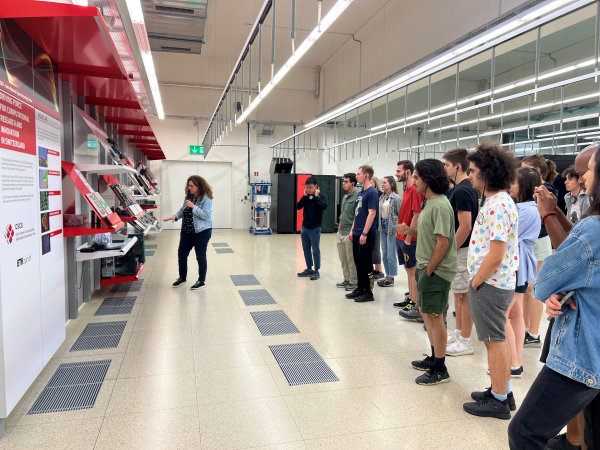
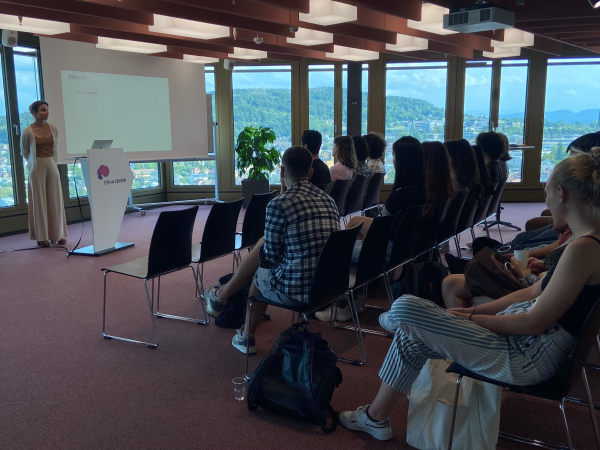
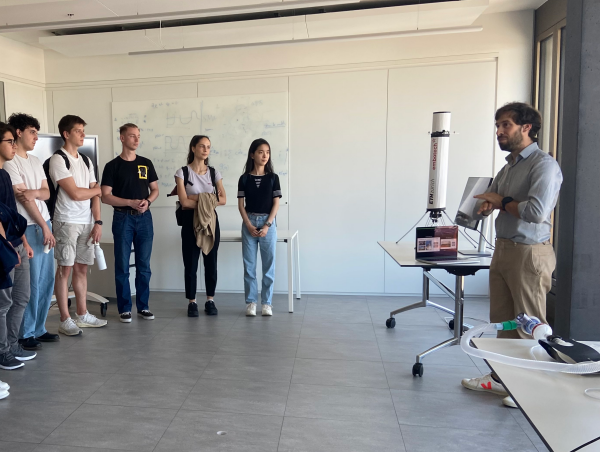
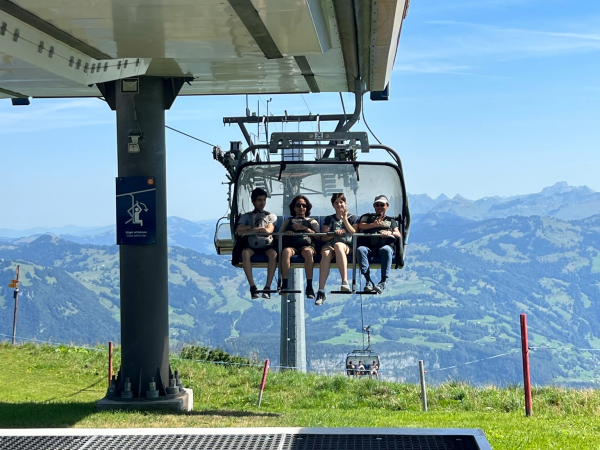
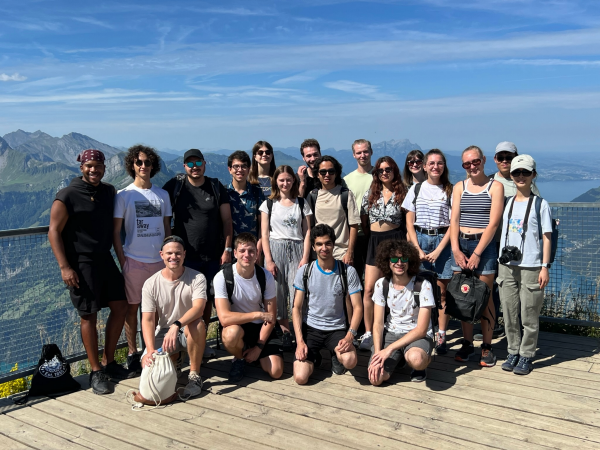
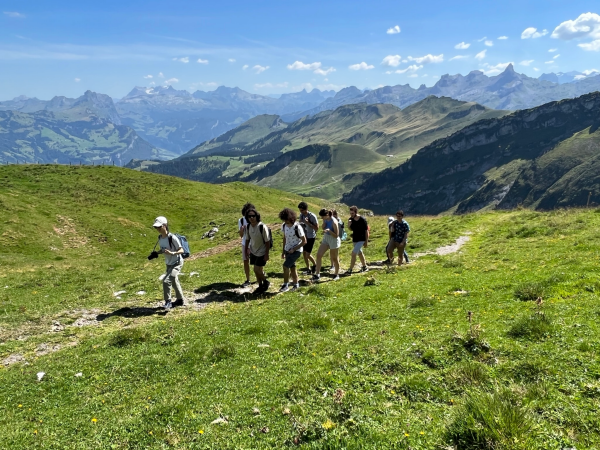
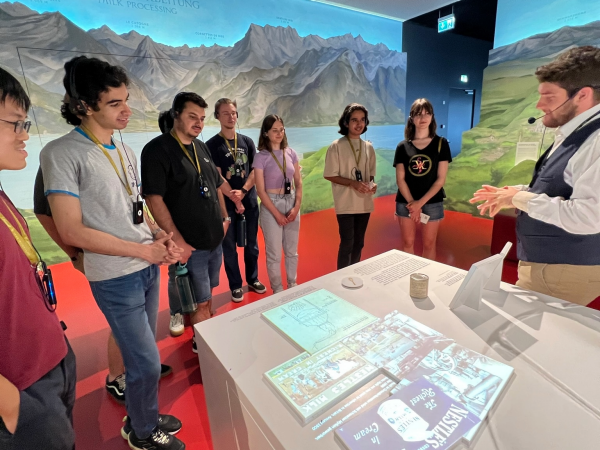
Gaining Initial Research Experience
For Bachelor's student Saman Eslami from the University of Tehran, the SSRF provided his first research experience. He applied to work on a project alongside researchers and explore a new culture and academic environment.
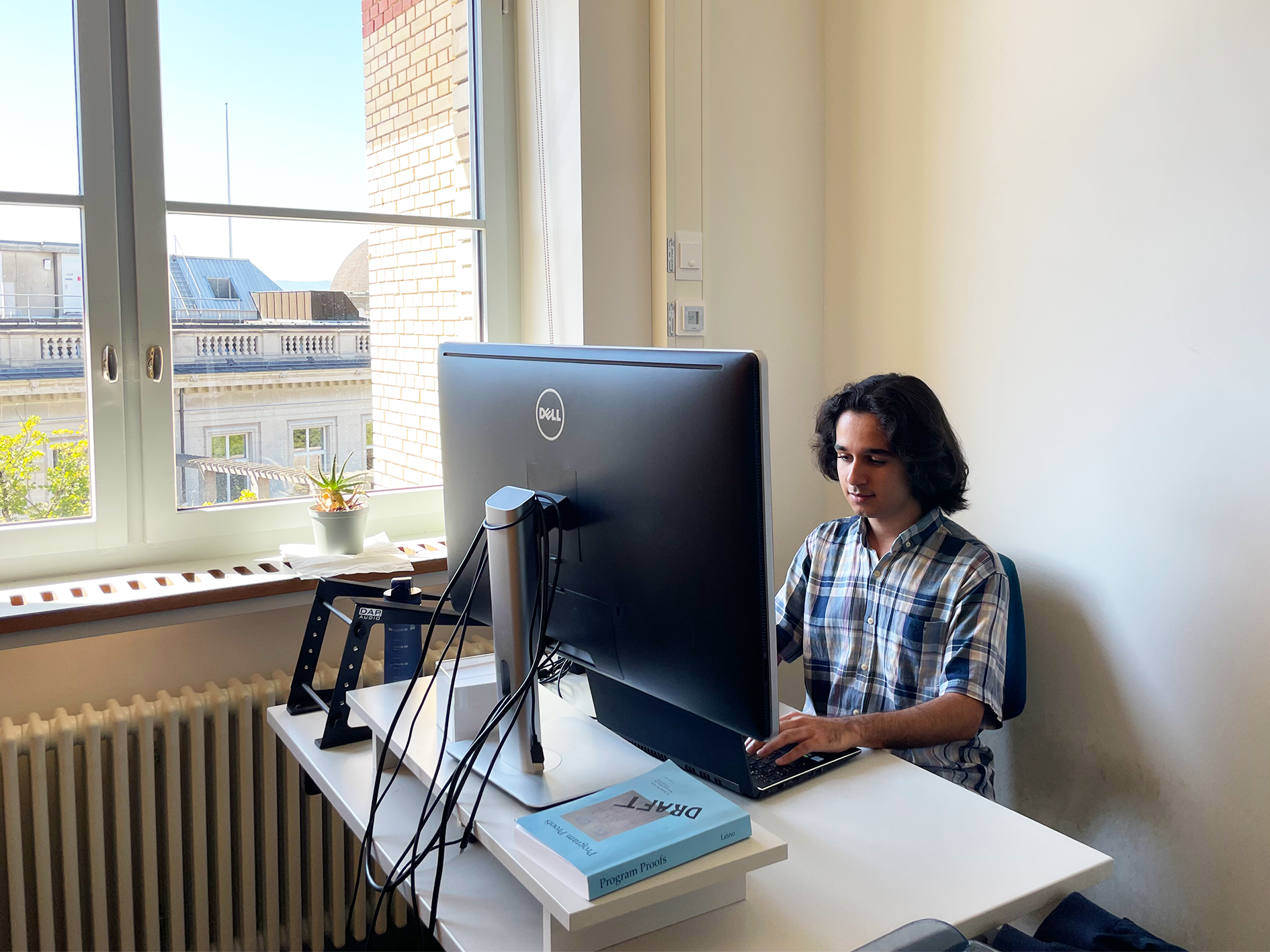
Over the past two months, Saman was part of Professor Peter Müller's Programming Methodology Group. "In my application, I had indicated that I wanted to work in the field of software verification, and this wish was taken into account," he explains contentedly.
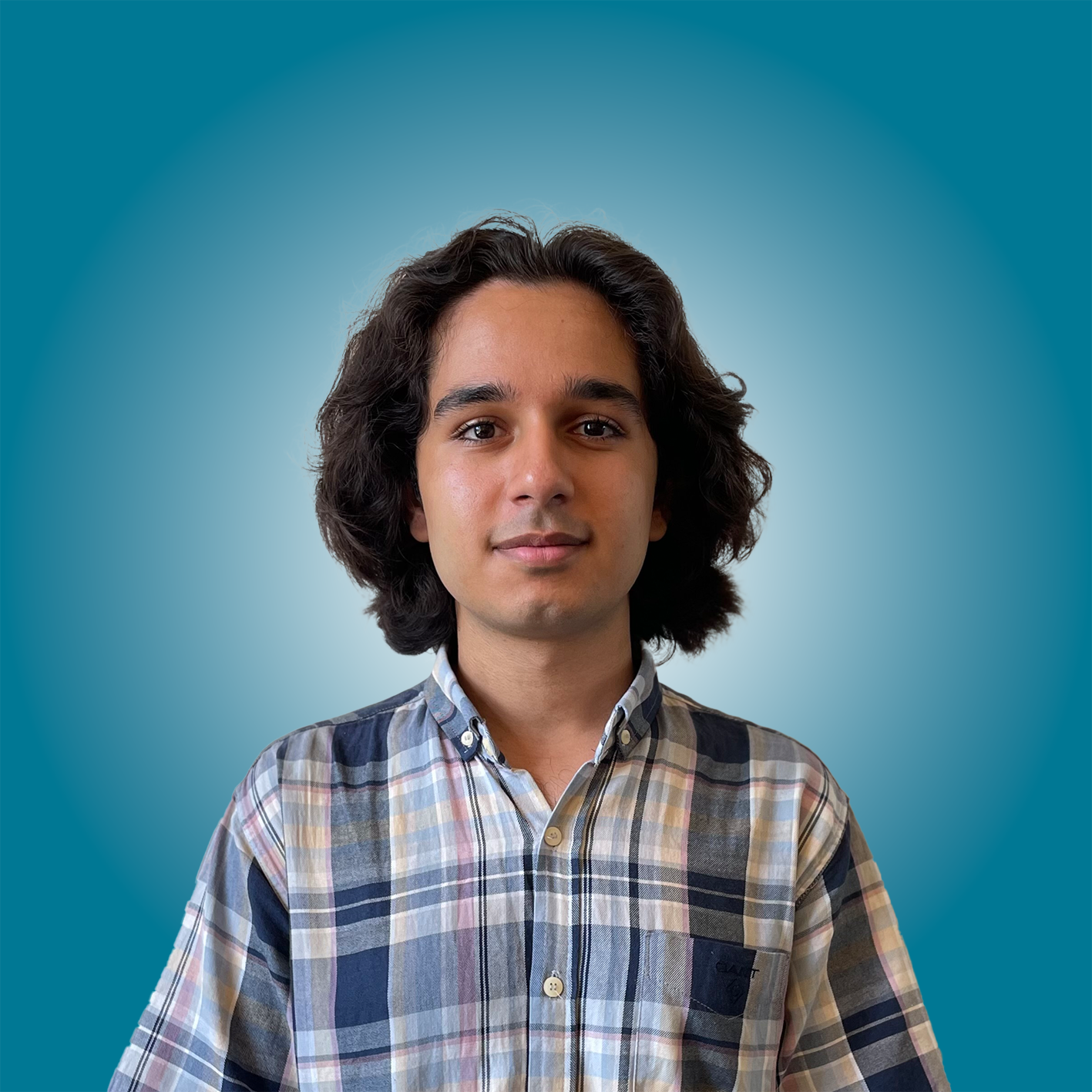
“My supervisor and the whole research group were incredibly helpful. Their support helped me not to feel overwhelmed when solving a challenging task.”Saman Eslami
The research group aims to test and verify software programs using tools they developed, such as the verification language Viper. While using a verification language can sometimes be time-consuming and labour-exhausting work, model checking is an easier and faster way to analyse and ensure the correctness of a system. Saman's task was to find a way to create a hybrid solution so that a user could use both a verification language and model checking tool on their software programs. Reflecting on his assignment, he states: "Working on it was sometimes quite challenging. However, my supervisor and the whole group were incredibly helpful, and I could reach out to them whenever I needed something. The support helped me not to feel overwhelmed."
Saman particularly appreciated being able to exchange experiences not only with his research group but also with other SSRF participants. "We all live together in the same dormitory. Everyone has their room, but you can meet in the building or have dinner together," says Saman. He plans to stay in touch with the other participants after the programme ends.
Gaining New Perspectives
Unlike Saman, Portia Wang is already working on research projects as part of her Master's degree at Stanford University. As she intends to pursue a doctorate, she decided to undertake a summer research internship at another university, like many of her fellow students with the same goal. Because she was already familiar with the research of Professor Christian Holz, she specifically sought an internship opportunity in his Sensing, Interaction, and Perception Lab (Siplab), which is how she came across the ETH SSRF programme.
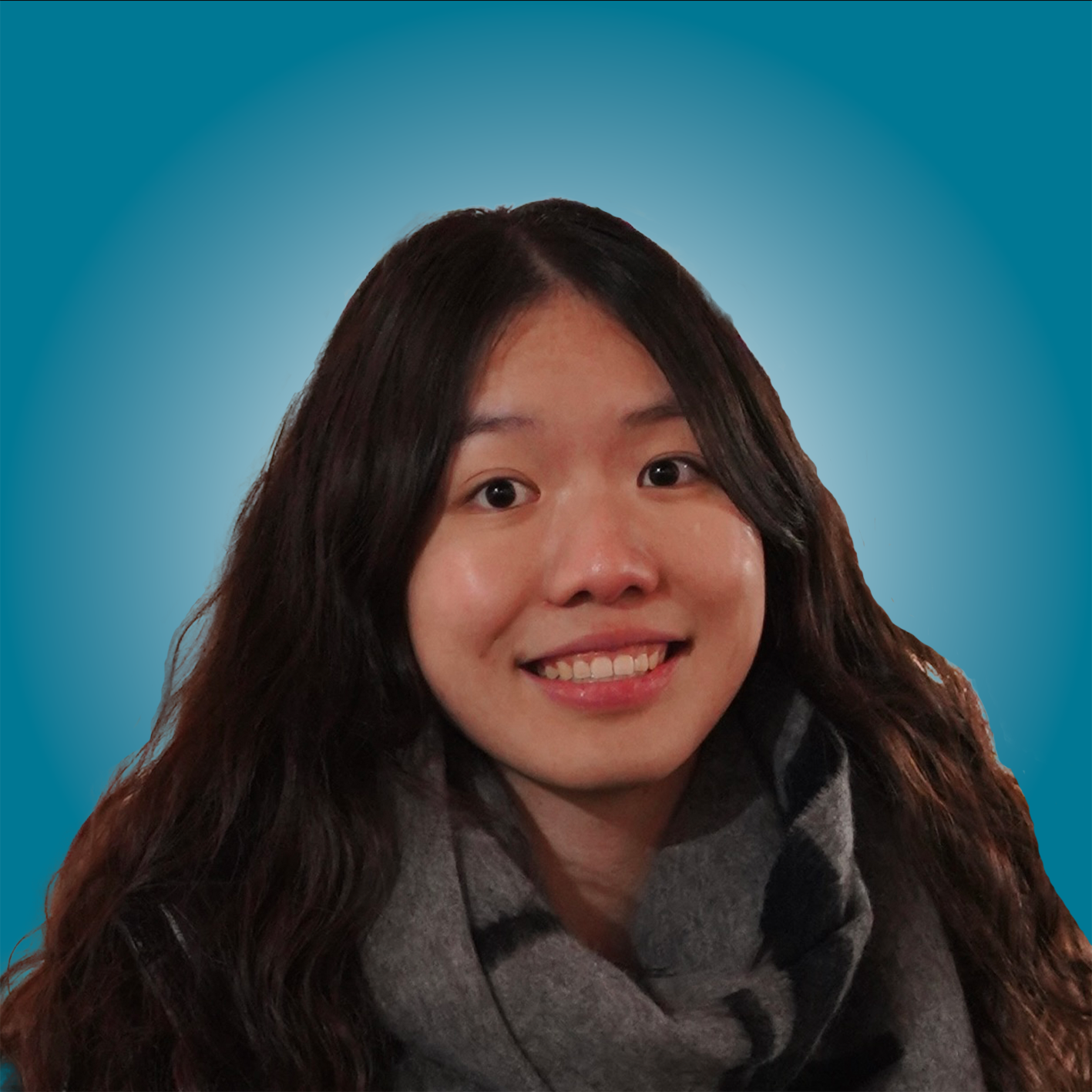
“It was valuable to gain a different perspective on a familiar research topic through the SSRF.”Portia Wang
Despite already having research experience in augmented reality (AR) and virtual reality (VR), Portia learned many new things during the two-month fellowship. "While Siplab has a more system-based and technical orientation, my lab at Stanford focuses more on psychology and human behaviour in dealing with AR and VR. So I thought it would be valuable to gain a different perspective during my internship," she explains.
Through her stay at Siplab, the Master's student improved her technical skills and problem-solving abilities while contributing to a challenging project. She worked on AR and was involved in developing a system that could anticipate camera movements so that wearers of AR glasses would feel a sense of agency when viewing projected content.

"Sometimes, I was unsure if I would be able to come up with a solution. However, the experiences I gained and the knowledge I acquired or refreshed during the SSRF gave me confidence for future projects. In this way, I hope to better deal with uncertainties in the future, as they are part of research," she says. Furthermore, the exchange with other programme participants was enriching for Portia: "In my research area, I usually meet many people working on similar problems. It's very refreshing to exchange ideas with people researching completely different topics. This also provided me with new inspiration for my research."
Building Friendships
Pursuing a Bachelor's degree in Artificial Intelligence at Vrije Universiteit Amsterdam, Tommaso Mencattini has also gained research experience in previous internships. Like Portia, he wished to work with a specific professor and learn from them. The collaboration with Professor Mrinmaya Sachan and his Natural Language Processing and Educational Technologies Lab came about through the SSRF programme. This summer, Tommaso worked with a doctoral student from the research group to determine whether large language models have a deep understanding of mathematical word problems or solve them based solely on shallow statistics. He had selected his sub-task with Professor Sachan so that he could complete it during the two months.
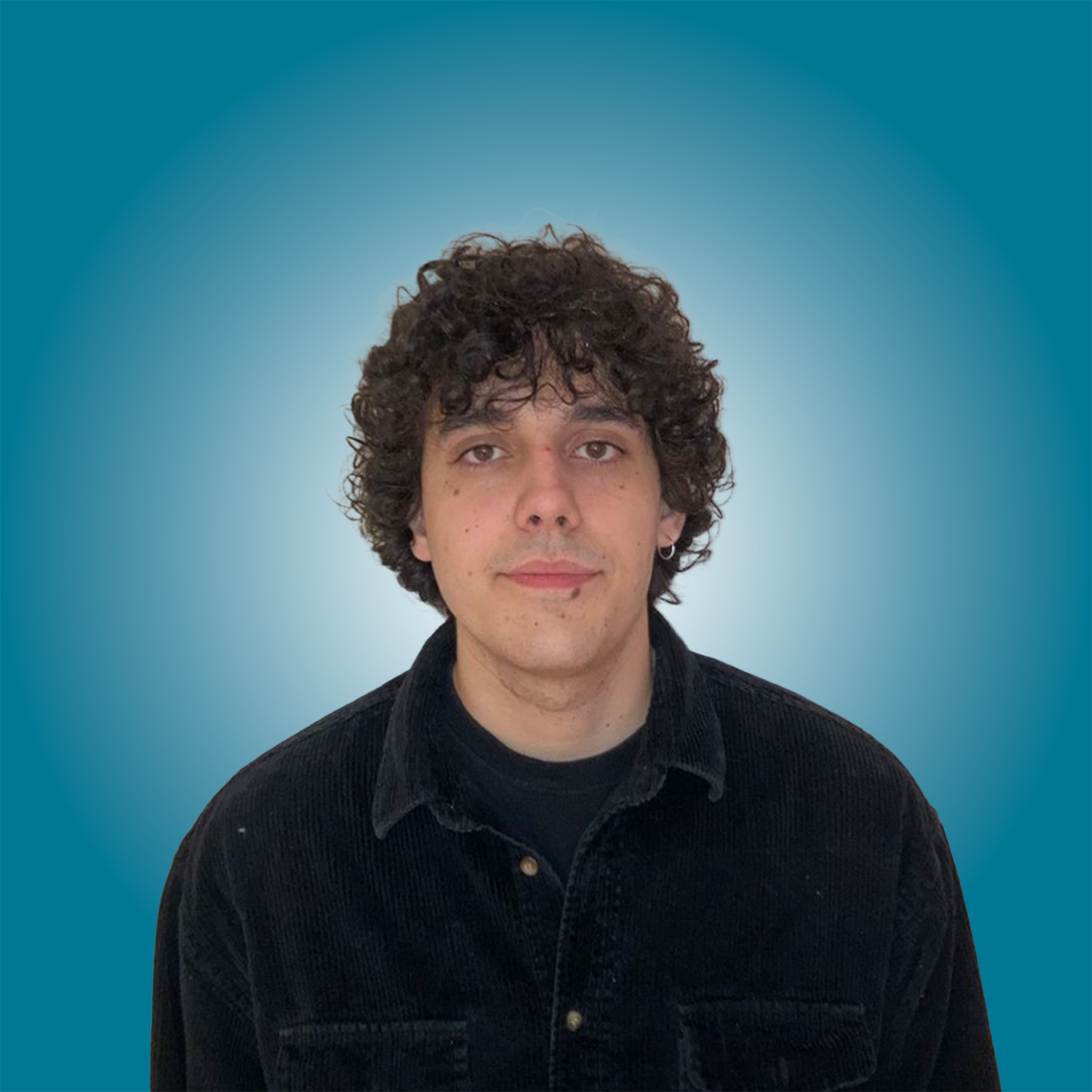
“I managed to make some friendships that will certainly continue after the programme.”Tommaso Mencattini
Tommaso found the exchange with the other SSRF participants particularly rewarding. Besides the organised outings, he also spent much time with them in everyday life: "I managed to make some friendships that will certainly continue after the programme, which is wonderful! The fact that there was an organised meeting on the first day and soon after a trip to Lugano made it easy to find a group of friends. Additionally, three other SSRF participants are working in the same building and on similar research as me. One of them even has their workspace right next to mine."
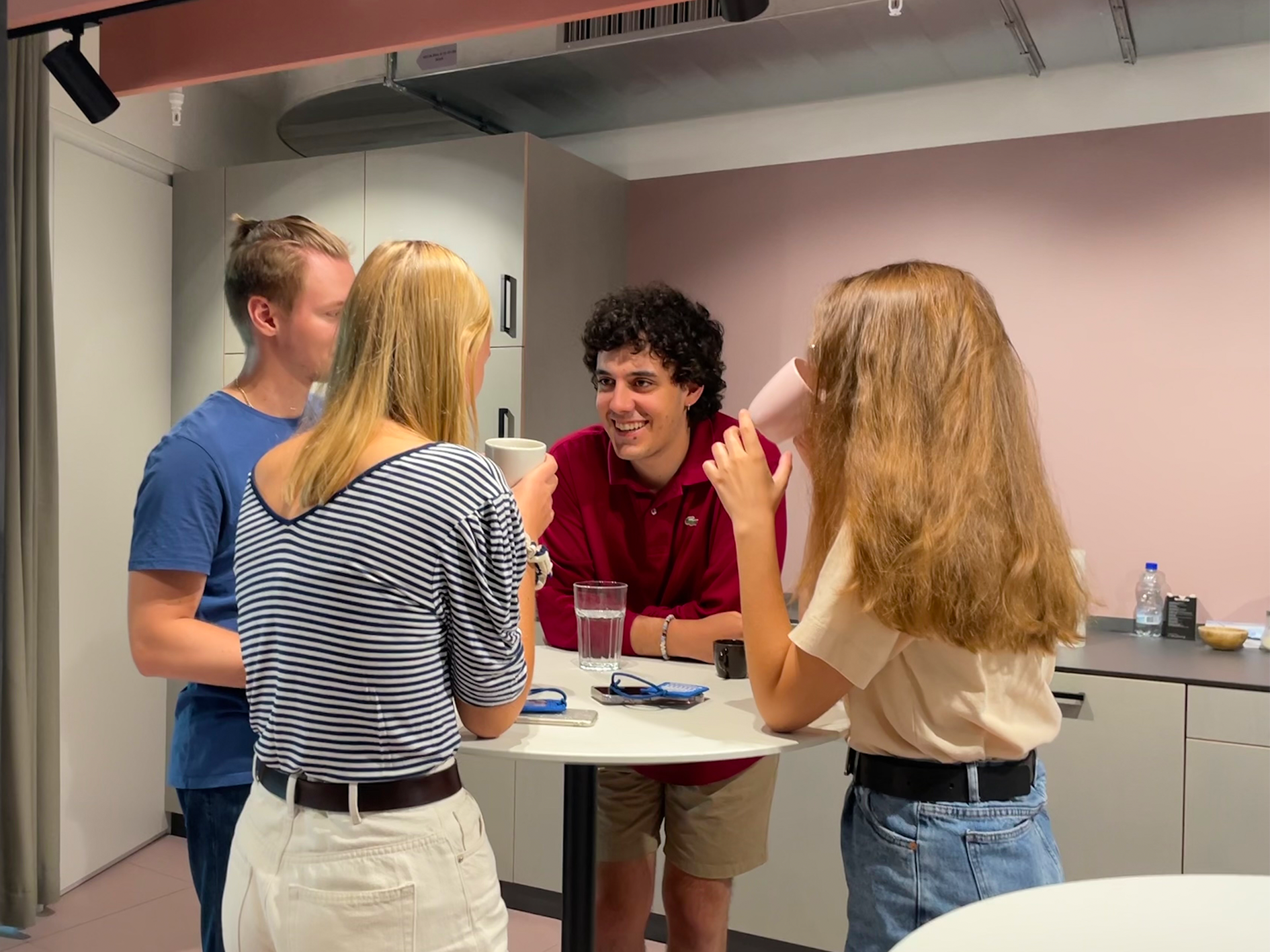
According to Tommaso, some fellowship participants plan to return to ETH Zurich soon to pursue a Master's degree or doctorate, which he could also envision for himself. He will definitely continue on the path of research.
Using the Fellowship as a Decision Aid
Unlike Tommaso, Master's student Jelena Glišić was not as certain about her future prior to her stay. She applied for the ETH SSRF programme to gain initial research experience and determine whether a doctorate might interest her. Although she has not yet decided, her stay at ETH Zurich was a valuable experience. The fellowship programme gave her the opportunity to engage in depth with a research project, read scientific articles, and delve into problem-solving.
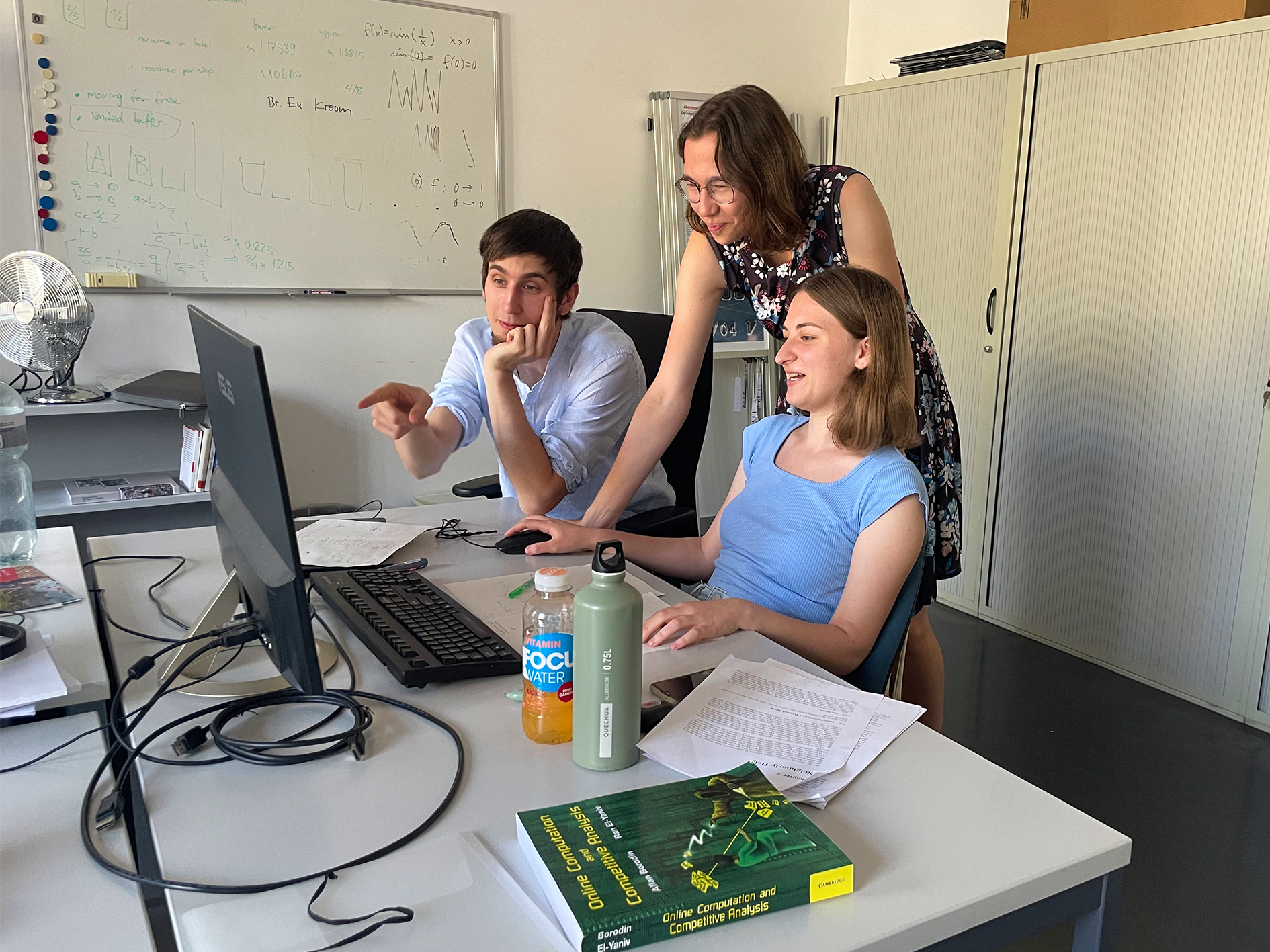
Her focus in her Master's studies at Charles University in Prague and during the SSRF lies in theoretical computer science. As part of the programme, she worked in Professor Dennis Komm's Algorithms and Didactics Group. She had the freedom to choose her topic: "Dennis Komm and I met several times and decided together to tackle the Online Knapsack Problem. I then delved deeper into the topic and discussed it with several doctoral students, Dr Hans-Joachim Böckenhauer and Professor Komm. In this way, I received inputs from various perspectives on the Online Knapsack Problem, and could present some initial results at the end of my research stay."
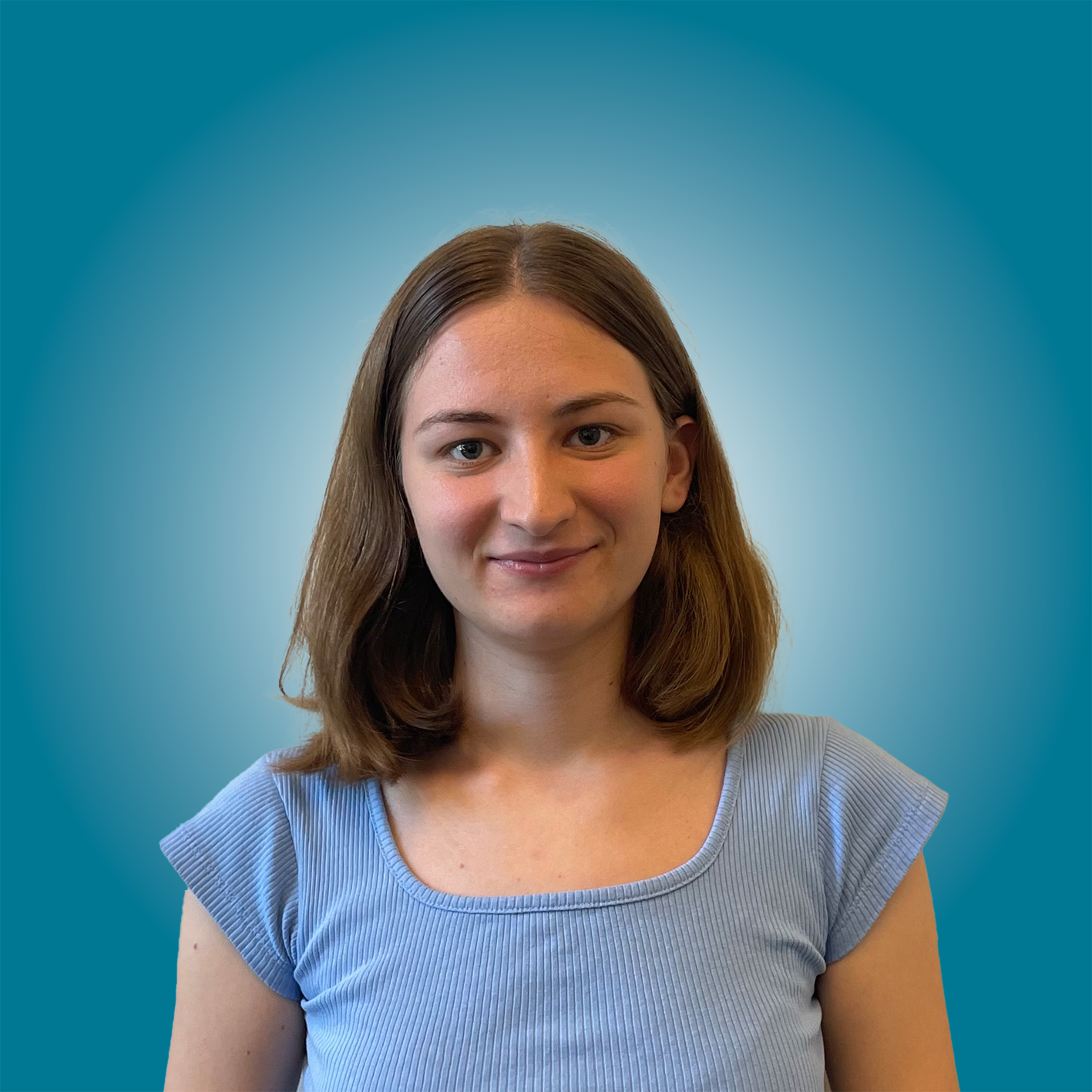
“I could observe exactly how research works, from presenting a problem to thinking about it and finally developing solutions. It was an extremely informative experience for me.”Jelena Glišić
Jelena will particularly remember the week-long research workshop she attended with Dennis Komm's entire group in the Austrian mountains. She describes the stay as follows: "Some researchers presented new problems they were working on. This way, I could observe exactly how research works, from presenting a problem to thinking about it and finally developing solutions. It was an extremely informative experience for me." Based on the insights she gained during the SSRF, Jelena tends to lean towards choosing a path in research. Perhaps even at ETH Zurich, she mentions casually and smiles.